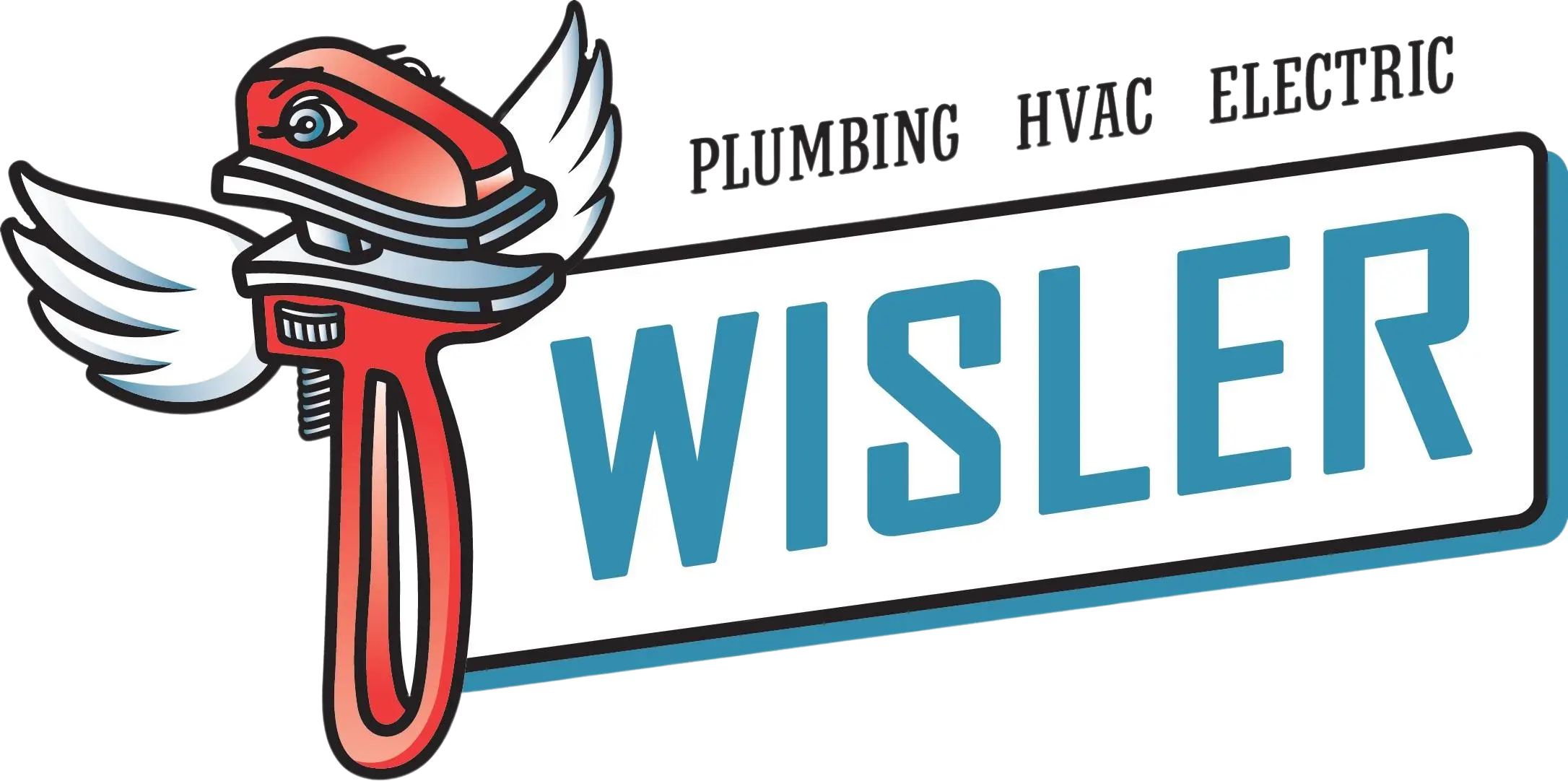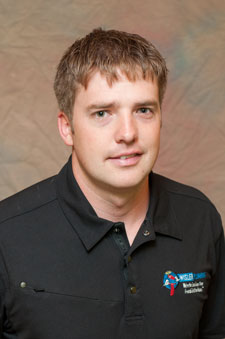For our company, 2021 was a year of constant change, adapting to both success and challenge. It was a year of pivoting as we faced COVID, inflation, turnover, and even growth. This was the first year in our history that we had over 15% turnover in our team, and that impacted us in several different […]





